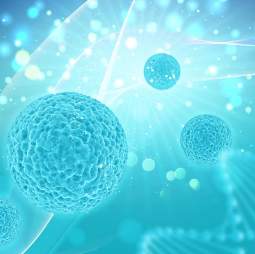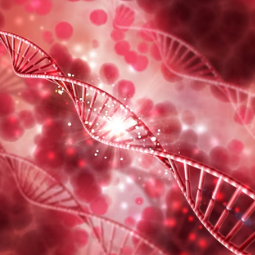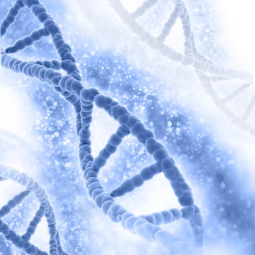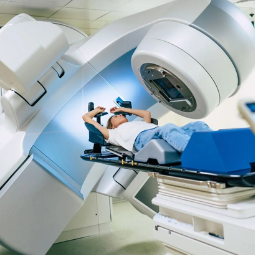- Home
- About
- Hospitals
-
Treatments
- Orthopedic & Spine
- Knee Replacement
- Carpal Tunnel Release
- Rotator Cuff Repair
- Meniscus Repair / Meniscectomy
- Total Hip Replacement (THR)
- Total Shoulder Replacement
- Arthroscopy
- Ligament Reconstruction
- Spinal Fusion
- Discectomy
- Laminectomy
- Spinal Decompression
- Vertebroplasty and Kyphoplasty
- Fracture Repair
- ACL Reconstruction
- Tendon Repair
- Osteotomy
- Amputation
- Pediatric and Adult Cardiac
- Neuroscience
- Oncology
- Nephrology & KTP
- Gastroenterology & Hepatobiliary
- Obstetrics and Gynaecology
- Infertility
- Dental & Maxillofacial
- Plastic & Cosmetic Surgery
- Rhinoplasty
- Blepharoplasty (Eyelid Surgery)
- Facelift (Rhytidectomy)
- Breast Augmentation (Mammoplasty)
- Breast Reduction (Mammoplasty)
- Breast Lift (Mastopexy)
- Liposuction
- Abdominoplasty (Tummy Tuck)
- Brazilian Butt Lift (BBL)
- Lip Augmentation
- Breast Reconstruction
- Cleft Lip and Palate Repair
- Scar Revision
- Burn Reconstruction
- Botox Injection
- Ophthalmology
- Otolaryngology (ENT)
- Endocrinology
- General and Minimal Invasive Surgery
- Pulmonology
- Rheumatology
- Urology
- General Medicine
- Ayurvedic Treatment
- Orthopedic & Spine
- Doctors
- Contact Us
Targeted Therapy
Targeted Therapy is a type of cancer treatment that focuses on specific molecules or
pathways involved in the growth and spread of cancer cells. Unlike traditional
chemotherapy, which can affect both cancer and healthy cells, targeted therapy
is designed to be more precise, minimizing damage to normal tissues. This
precision makes targeted therapy an important approach in the treatment of
various cancer types.
Here are
key points about targeted therapy:
Molecular Targets: Targeted therapy drugs are designed to interact with specific
molecules, proteins, or genes that are critical for cancer cell growth,
survival, and spread. These targets can vary depending on the type of cancer.
Personalized Treatment: Targeted therapy is often personalized to the individual patient based
on the specific genetic and molecular characteristics of their cancer. This is
sometimes referred to as "precision medicine."
Types of Targeted Therapy:
Monoclonal Antibodies: These are engineered proteins that can recognize and bind to specific
targets on cancer cells. They can block growth signals or trigger the immune
system to attack the cancer cells.
Small Molecule Inhibitors: These drugs are small molecules that can enter cancer cells and
interfere with specific molecules or pathways inside the cells. They may
inhibit the enzymes responsible for cancer cell growth or angiogenesis (the
formation of new blood vessels that feed tumors).
Signal Transduction Inhibitors: These drugs target the signaling pathways within cells that promote
cancer growth. Examples include tyrosine kinase inhibitors.
Hormone Therapy: Targeted therapy can be used to block the effects of hormones in
hormone-sensitive cancers, such as breast and prostate cancer.
Indications: Targeted
therapy has been approved for various cancer types, including breast cancer,
lung cancer, melanoma, leukemia, and many others. It is continuously evolving,
with new drugs and treatments being developed.
Combination Therapy: Targeted therapy is often used in combination with other cancer
treatments, such as chemotherapy, radiation therapy, and immunotherapy, to
enhance the effectiveness of treatment.
Response Rates: Responses to targeted therapy can vary from patient to patient, and not
all patients will benefit from these treatments. However, some individuals
experience significant and durable responses.
Side Effects: Targeted
therapy generally has fewer side effects compared to traditional chemotherapy.
However, it can still lead to side effects specific to the targeted pathway or
molecule being inhibited.
Monitoring and Follow-up: Patients receiving targeted therapy are closely monitored during
treatment to assess its effectiveness and manage any side effects. Follow-up
care is essential to evaluate the patient's response.
Targeted therapy represents a significant advancement in the treatment
of cancer, allowing for more individualized and effective approaches. The
choice of targeted therapy and its combination with other treatments is
determined by the specific cancer diagnosis, stage, and the patient's overall
health. Patients should have detailed discussions with their healthcare team to
determine if targeted therapy is a suitable treatment option for their
particular case.










.png)